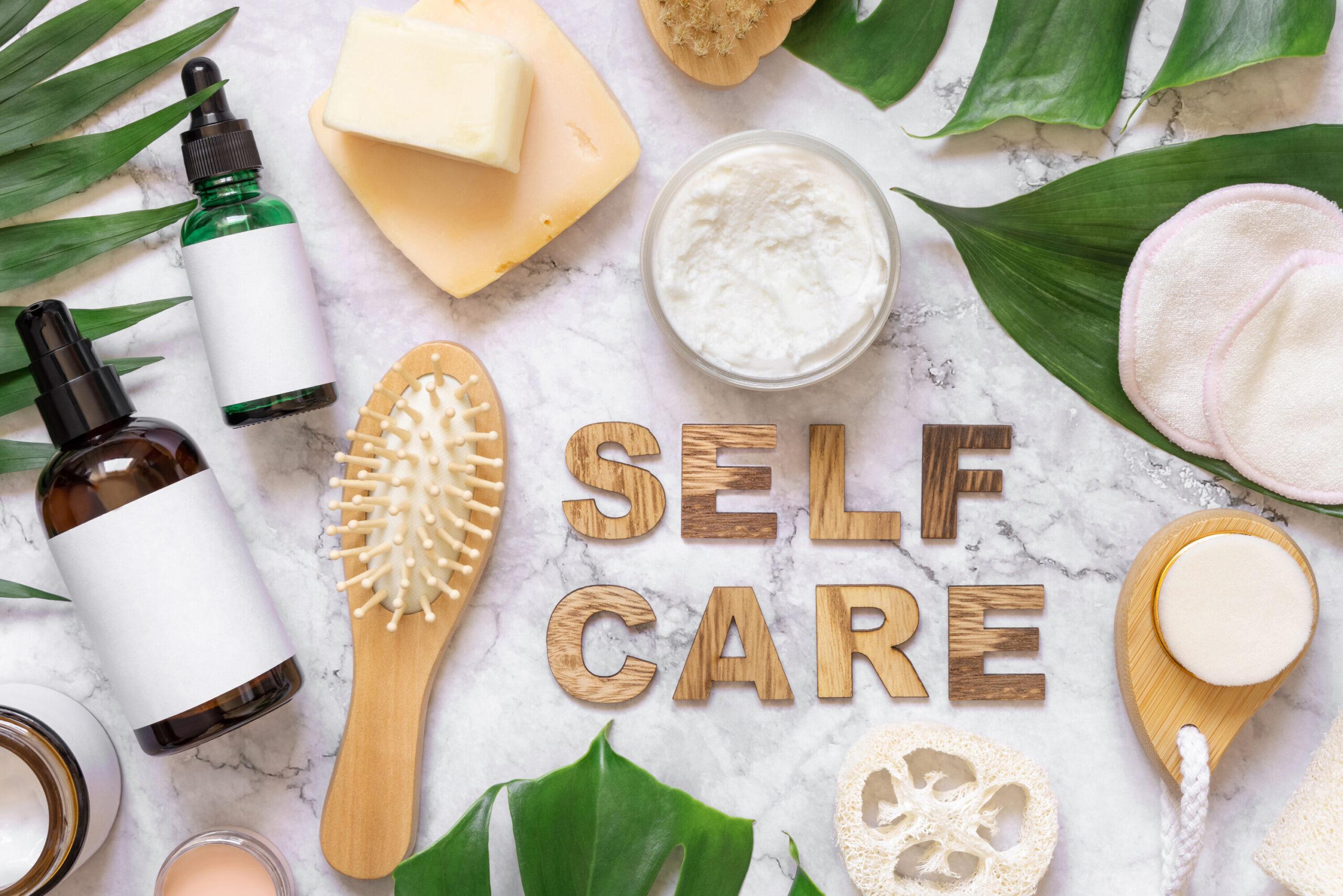10 Simple Ways to Practice Mindful Self-Care
Have you experienced being on the go-go-go and along the way recognize that it is hard to go-go-go? Do you look back and wonder what happened? More likely than not, it is because your well-being was not prioritized on the journey, and over time, burnout took place. It takes mindfulness and self-care to slow down and catch up with yourself before burnout occurs.
“Self-care” is a phrase that has been trending lately. It seems to have so many meanings and misconceptions. So, what is self-care? A useful definition of self-care is to “be proactive in preserving or improving one’s well-being.” The components of one’s well-being include physical, mental, emotional, spiritual, and social health. To practice the active role of self-care, one would need to be mindful. Mindfulness is the practice of being present and paying attention to the here and now. It takes the intentionality of mindfulness to bring self-care into true practice.
Many believe they practice “self-care” when indulging in mind-numbing activities such as binge-eating or binge-watching. However, recognizing now that these practices do not prioritize one’s well-being, it is more accurate to say that these unhealthy practices can often be avoidant behavior. Oftentimes, such behaviors or habits are from years of avoiding the problem at hand. The discomfort or the physical tension that is associated with the struggle gets numbed or muted when overridden by unhealthy behavioral patterns (e.g., drinking alcohol, smoking, binging, or even overdoing some form of “healthy” activity). Take a moment to identify any of these behaviors that you may be used to override the uncomfortable things in your life. Do you recognize how it also impairs your ability to protect your well-being?
Here are 10 mindful ways you can begin practicing self-care.
1. Create Boundaries
Boundaries may be an unfamiliar word for many! It is uncomfortable to set boundaries in relationships where they have not previously existed. However, sometimes self-care looks like simply saying “no.” While it could initially be hard to implement, you will come to appreciate the peace of mind that comes with setting appropriate boundaries for yourself.
2. Ask for help
When something seems “off,” know that you have access to someone, such as a therapist, who can help you. When it comes to physical health concerns, you know you need to consult with your physician. In the same way, mental health needs to be properly addressed.
3. Disciplined Lifestyle
Having a general routine throughout the day is ideal as it helps the body and mind function better. This may include waking up at a certain time daily, going to and returning from work, eating meals at the same time, and having a certain bedtime. While routines do not need to be strict, it is beneficial for the body to have basic guidelines to follow.
4. Discover Nature
Go outside. Especially in our fast-paced world and work-from-home lifestyles, it is easy to forget to prioritize time spent outdoors. Nature is therapeutic. To stop and smell the roses, listen to the birds chirping, soaking in the sun, all have its benefits on the body, mind, and soul. Nature has a way of relaxing us in more ways than one.
5. Eat Mindfully
Oftentimes, meals eaten without the company of others can turn into quick consumption of food along with the distraction of social media or tv. Try this instead. When you eat, just eat. Think about where your food comes from. Eat foods that are nutritionally dense. Engage in the process of how the earth grew this food and focus on chewing, savoring, and enjoying your meals.
6. Exercise
Allow yourself to work out for the health benefits and not as a punishment. Recognize that the physical movement of your body allows the release of necessary neurotransmitters, such as endorphins and dopamine. Some of the benefits of these neurotransmitters include stress relief, better sleep, improved moods, and increased pleasure sensation.
7. Journal
Regular journaling is a great habit to put into practice. It is a therapeutic medium that therapists often recommend. Journaling is a way for you to release pent-up feelings, process the events of the day, practice gratefulness, and even self-reflect.
8. Limit Social Media Intake
Looking into the highlight reels of others’ lives can leave you feeling inadequate in comparison. Shocking news updates can cause increased stress or worry, or it could even be that too much social media usage lessens your productivity. Instead, engage in the physical presence of loved ones as much as possible as social health is an important aspect of self-care.
9. Maintain Hygiene
Many believe that self-care is pampering oneself with a spa day, getting professional manicures, or soaking for hours in a bubble bath. Self-care does not have to be extravagant, however. Brushing your teeth, showering, getting regular haircuts, or trimming your nails regularly are all simple ways you care for and nurture your body.
10. Meditation
Just breathe. Breathe through the tensions, anxiety, or stress that may arise. YouTube has a variety of breathing practices you could try. There are apps that help you in moments of heightened stress. Sometimes, meditation can look like prayer, as it enriches and nourishes you spiritually.
If you would like to explore more options on how to better care for yourselves, feel free to contact us at Fuller Life Family Therapy.
Riya Roney, Resident Therapist
Licensed Professional Counselor












